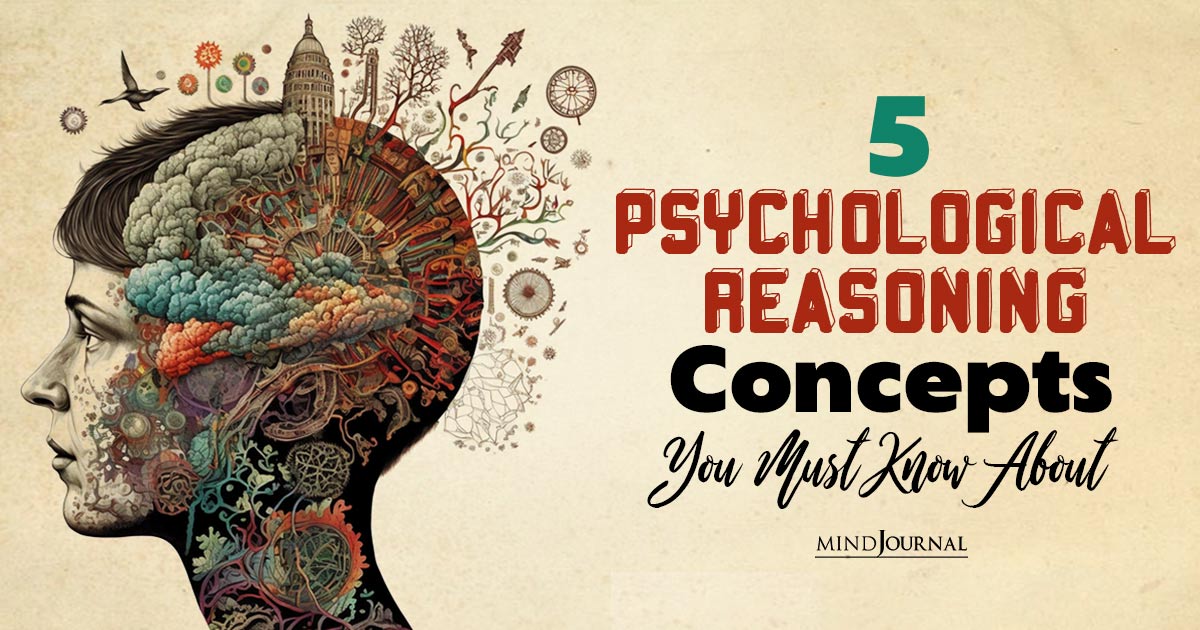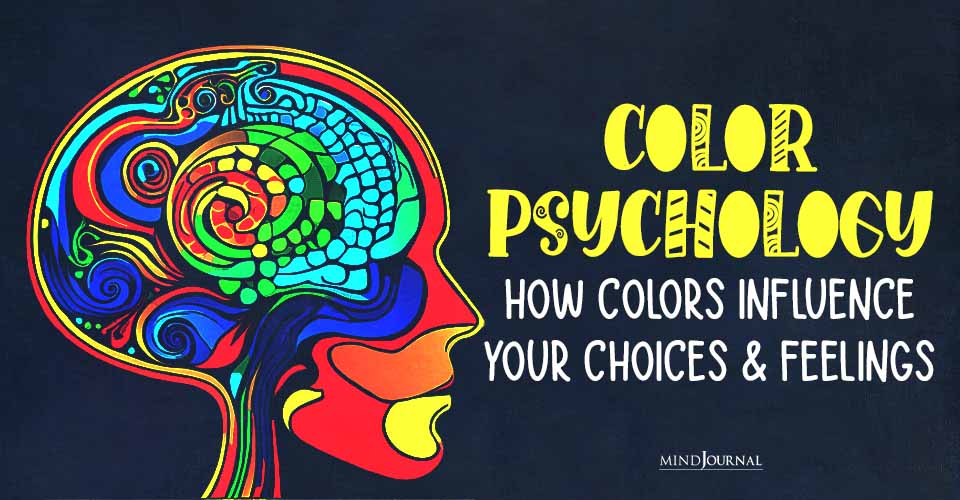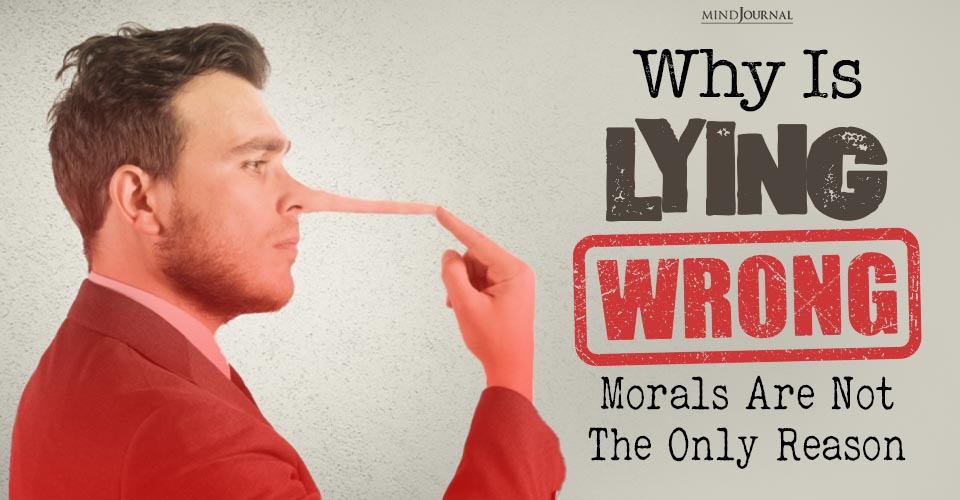Do you know why we make the choices and decisions we do? Why are some of our decisions colored by emotions while others are based on logic? Psychology can help us uncover the answers to these questions through the study of psychological reasoning.
What is Reasoning in Psychology?
Reasoning in psychology refers to the way human beings employ their logic, evidence and information to come up with conclusions or make decisions.
It includes the capacity of analyzing, evaluating and inferring from past knowledge and available information. Psychological reasoning plays a crucial part in human cognition and helps shape our thoughts, perceptions, beliefs, and actions.
Related: How Clutter Affects Mental Health: The Psychology Behind It
Now that we know what is reasoning in psychology, let’s explore the types of reasoning in psychology.

Types of Reasoning in Psychology
In psychology, reasoning could generally be classified into two major types: deductive and inductive reasoning. Let’s learn more about these types of reasoning in psychology:
1. Deductive Reasoning
In deductive reasoning, specific conclusions are drawn from universal principles or premises. Deductive reasoning is a top-down process where individuals start with general statements or theories then apply them in specific situations or cases.
If the initial premises are true then the conclusion reached through deductive reasoning is considered certain or logically valid.
For example if we know that “all mammals have fur” and “dogs are mammals” then we can say logically that “dogs have fur.” Deductive reasoning enables us to draw conclusions based on given laws or principles. It allows us to infer the consequences of a particular rule or principle.
2. Inductive Reasoning
On the other hand, inductive reasoning draws general conclusions from specific observations or evidence. This method takes a bottom-up approach where people observe some data examples, gather them together and finally come up with broad patterns or theories.
The end results reached via this mode of thought are seen as probable but not necessarily true, as per logical reasoning in psychology.
Therefore, after observing a collection of individual dogs with fur, we can conclude that “all dogs have fur.” Inductive reasoning is the process by which generalizations are made based on patterns observed in specific cases.
Deductive reasoning and inductive reasoning are both critical psychological processes. In particular, deductive reasoning allows us to apply principles or theories to particular cases while inductive reasoning allows us to draw broader understandings from isolated examples.
Knowing what is reasoning in psychology and different types of reasoning in psychology enhances critical thinking abilities, helps assess arguments, and make better choices.
5 Psychological Reasoning Concepts
Now let us explore some of the most important and common logical reasoning in psychology concepts, like rational choice theory, emotional decision-making, bounded rationality, decision fatigue, framing effect among others.
Understanding these concepts of logical reasoning in psychology will give us a deeper understanding on human behavior as well as the factors affecting our decisions.
1. Rational Choice Theory
When it comes to psychological reasoning, it has a lot to do with tradeoffs which help in making decisions based on anticipated consequences. Rational choice theory postulates that people always strive to make rational choices by maximizing their advantages and minimizing costs. This implies that the theory assumes that people have constant preferences and they can assess all the different options at hand.
However; these judgments are also subject to various cognitive biases and limitations.
Related: 13 Useful Psychology Tricks That Will Make Your Life Easier
2. Emotional Decision Making
Unlike the idea of rational decision-making, emotions play a significant role in decision-making. Emotional decision-making is where judgments and choices are influenced by emotions rather than purely logical reasoning.
Emotion plays an important role in how we perceive information, evaluate alternatives, and finally make decisions.
For instance, some people may attach more importance to such factors as salary, benefits, and job security (rational considerations) when deciding on a job offer. However, emotional factors can become important if we feel attached to the work environment or believe in the company’s mission.
3. Bounded Rationality
According to logical reasoning in psychology, humans do not possess unlimited capacity to process information and make fully rational choices. According to bounded rationality, individuals choose on the basis of satisficing instead of maximizing.
Satisficing requires selecting the first option which meets a satisfactory level of achievement, instead of exhaustively evaluating all possible alternatives.
Bounded rationality suggests that we often rely on heuristics – mental short cuts which simplify our judgments. These heuristics can lead to biases or errors but they also enable us to make fast decisions in complicated situations.
4. Decision Fatigue
Psychological reasoning is not about only what we choose but also about the mental; processes behind it. Decision fatigue is the term used to describe a situation where after long periods of making choices there is a decrease in quality of decision making.
Throughout the day as we continue making decisions, our cognitive resources deplete leading to impulsive or irrational choices.
Thus, understanding decision fatigue becomes vital for us as it helps us appreciate why it is important for people to conserve their mental energies by taking breaks whenever they have several decisions to make.
For instance, research suggests that judges are more likely to grant parole earlier in the day when their decision-making abilities are not yet exhausted.

5. Framing Effect
The process of expressing information can greatly affect our decision-making. The framing effect shows that individuals respond differently to identical pieces of information presented in different ways.
The framing of a decision as a potential gain or loss could induce distinct psychological responses that affect our choices. For instance, think about a situation where medical treatment is presented as having 90% chance of success against one with a 10% chance of failing.
This difference in how the information is framed can make people decide differently although the statistics are same. This shows how framing shapes our judgment and decisions.
Related: 10 Psychology Tricks That Actually Work In Real Life
Takeaway
Psychological reasoning provides insights into the complex processes that underlie human decision-making. Through an examination of the above concepts, we can learn more about what influences us in making choices.
In order to make any decision, it is important not only to be rational but also consider emotions, cognitive limitations and external pressures. Hence, we should understand what is reasoning in psychology and take into account these intricacies that will result in well-thought-out decisions.
Next time when you are about to make a decision, pause and think about these psychological reasoning concepts. You might be able to understand better why you made those choices and what influenced them.
Frequently Asked Questions (FAQs):
What is an example of psychological reasoning?
Psychological reasoning is evident through assessing alterations in the behavior of a person and explaining them through unconscious motivation or unresolved conflicts.
What are the 7 types of reasoning?
These are Deductive, Inductive, Abductive, Analogical, Logical, Critical and Heuristic reasoning.
What are the 7 perspectives of psychology?
These include Biological, Cognitive, Behavioral, Humanistic, Psychodynamic, Sociocultural and Evolutionary perspectives.










Leave a Reply